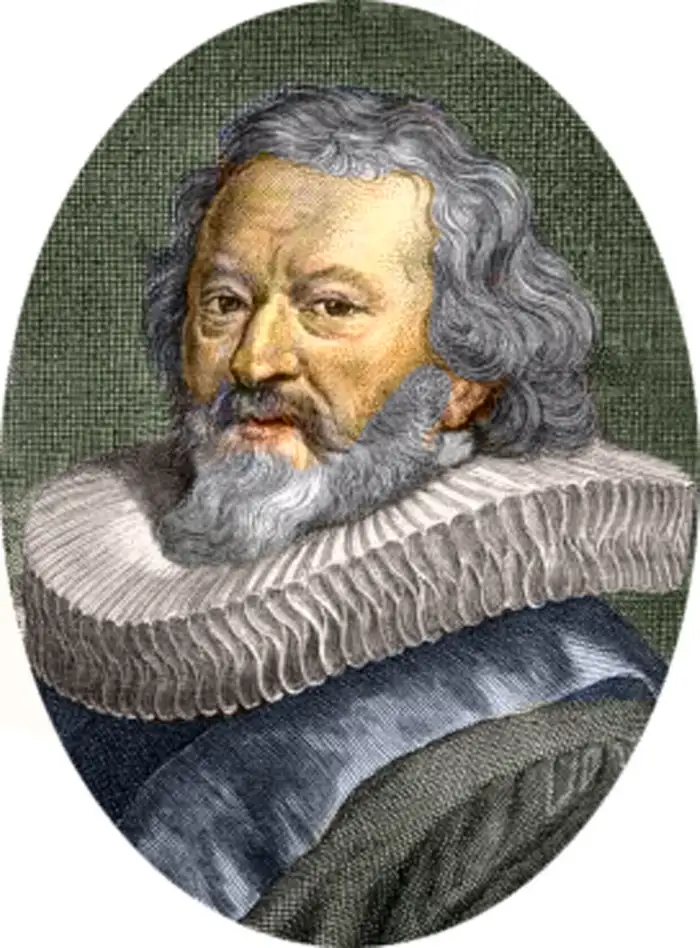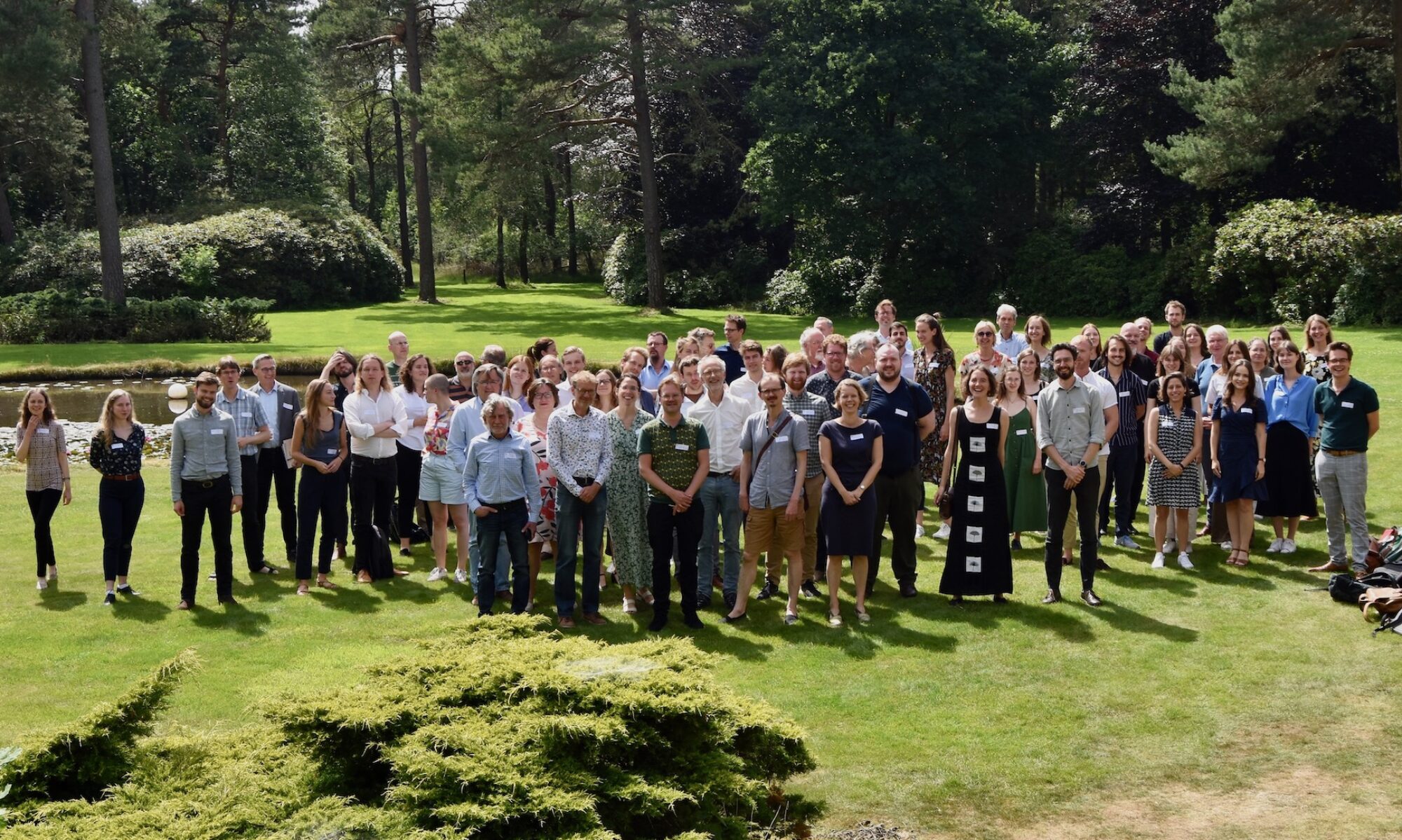Call for Papers: 10th Gewina Woudschoten Conference 2024

Ecology & Economy: History of Knowledge during the Unequal Anthropocene
Zeist, 21-22 June 2024
Deadline for proposals: January 15, 2024
On 21-22 Juni 2024 Gewina, the Belgian-Dutch Society for the History of Science and Universities, will hold its double-jubilee biannual meeting in the Woudschoten Hotel & Conference Centre (Zeist). Gewina itself celebrates its 111th year, and its meeting in Woudschoten will be the 10th. The conference brings together historians of science, humanities, medicine, universities and technology; and all those from other fields with an interest in the history of knowledge. The theme of this year’s jubilee edition is Ecology & Economy: History of Knowledge during the Unequal Anthropocene.
In times of unprecedented changes on an unprecedented scale in the history of humanity, economic and ecological concerns attract a lot of interest. ‘Human’ alterations of planet Earth have inspired the introduction of the concept ‘Anthropocene’ for the current geological period. The concept of ‘Anthropocene’ questions the modern distinction between the history of nature and the history of human affairs. (Early) modern knowledge and expertise have contributed significantly to the creation of this distinction. The fields of history of science, medicine and technology have been crossing this boundary for quite some time to understand how knowledge and expertise shaped societies and vice versa.
The concept of the ‘Anthropocene’ is contested too for its focus on a general ‘human’. Historically and today, ecological and economic responsibilities and vulnerabilities are distributed unequally amongst humanity. This is why the notion of ‘the unequal Anthropocene’ puts inequality centre stage as a key conference theme besides ecology and economy.
Papers can address, but are not limited to, the following questions:
- How to understand the relationship between knowledge, ecology, economy and inequality historically?
- How does the field of history of knowledge, science, medicine and technology relate to the disciplines of ecology and economy?
- How does the field of history of knowledge relate to the fields of environmental history and economic history?
- What is the relation between knowledge and expertise, economic interests and inequalities?
- How have economic ideas influenced knowledge cultures?
- How can history of knowledge help to make sense of unequally-distributed responsibilities and vulnerabilities?
- How have economic drivers of such inequality and ‘Anthropogenic’ change been historically underpinned with expertise and knowledge in specific contexts for specific ends?
- How, for example, is the history of knowledge linked to the colonial expansions in the 19th and 20th centuries, the economic integration of some regions into a world system, and the large destruction of the natural world to feed that system?
These and other questions will be discussed at the next 10th Gewina jubilee Woudschoten meeting.
Keynotes will be given by:
- Prof. dr. Liesbeth van de Grift (Professor of International History and the Environment, Utrecht University). A guiding question in her research is how the rise of ‘nature’ and ‘the environment’ on the political agenda has changed ideas and practices of democracy and interest representation.
- Dr. Daniel Curtis (Associate Professor of History, Erasmus University Rotterdam). He is the author of the upcoming book Epidemic Disease and Society in the Premodern Low Countries: Inequality, Community, and Gender.
Format of submissions to the Woudschoten conference
We invite the submission of proposals for individual papers, posters, and pre-organized sessions. Pre-organized sessions can be e.g. chaired sessions consisting of three 20-min. papers, panel discussions (1.5 hrs), hands-on workshops, methodology sessions, or digital humanities demonstration sessions (1.5 hrs). Proposals for posters or individual 20-min. papers are also welcome. As this is an international conference, the principal language for proposals is English.
Please send your proposal of max. 200 words per paper / poster / panel / session to ecologyandeconomy2024@gmail.com
The deadline for proposals is 15 January; applicants will be informed about the outcome of their proposal by 15 February 2024.
Organising committee:
Timo Bolt, Daniel Curtis, Ralf Futselaar, Floor Haalboom, Sandra Manickam, Martijn van der Meer & Ruben Verwaal (Erasmus University & Erasmus MC, Rotterdam)
Sponsors






